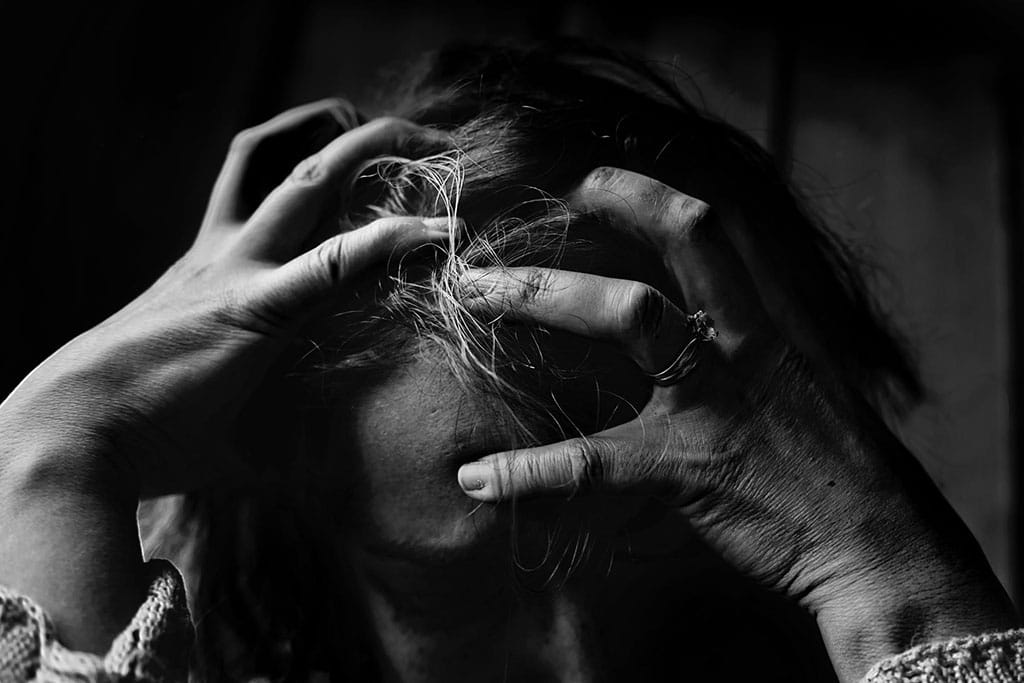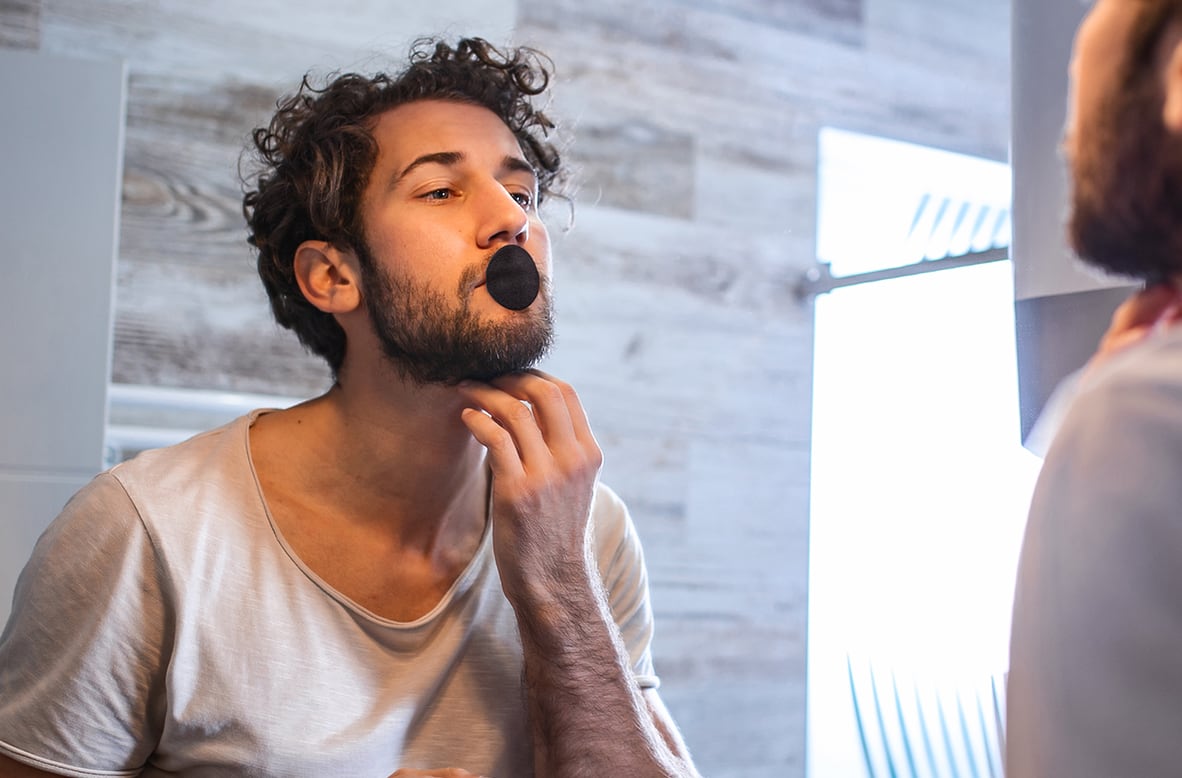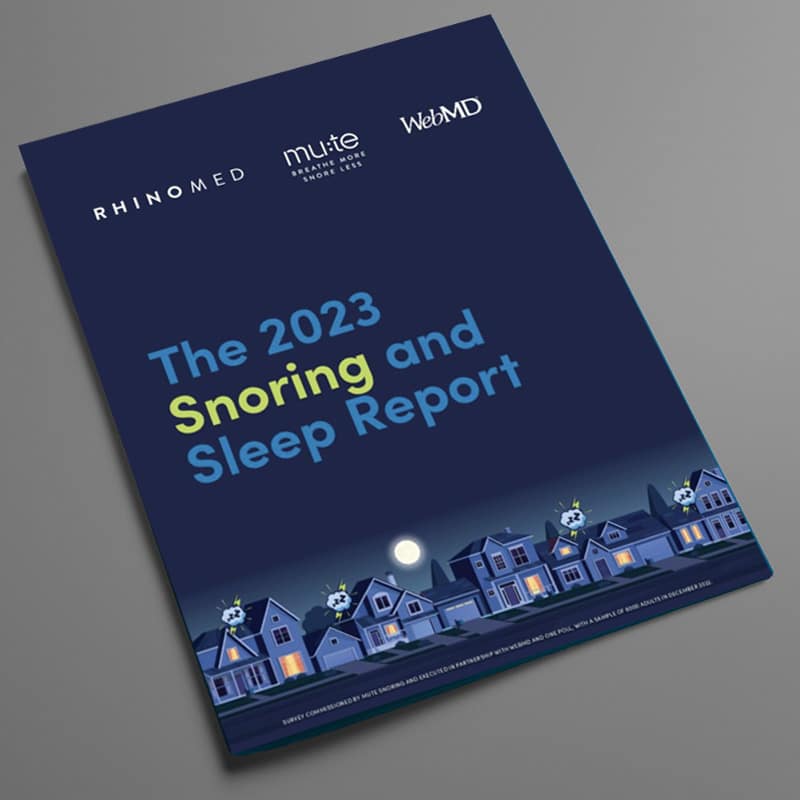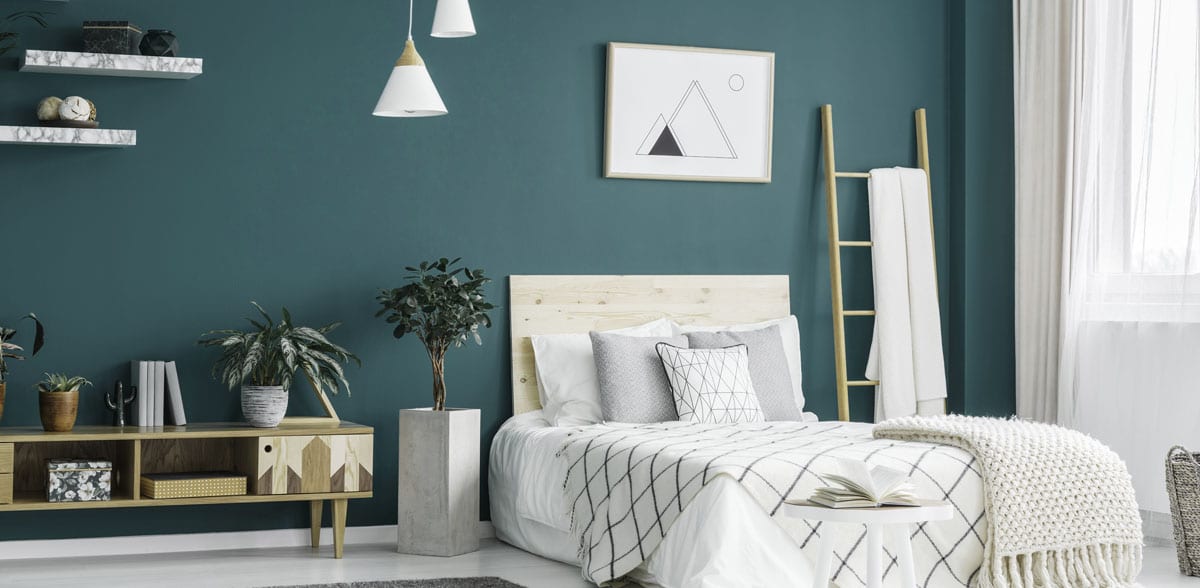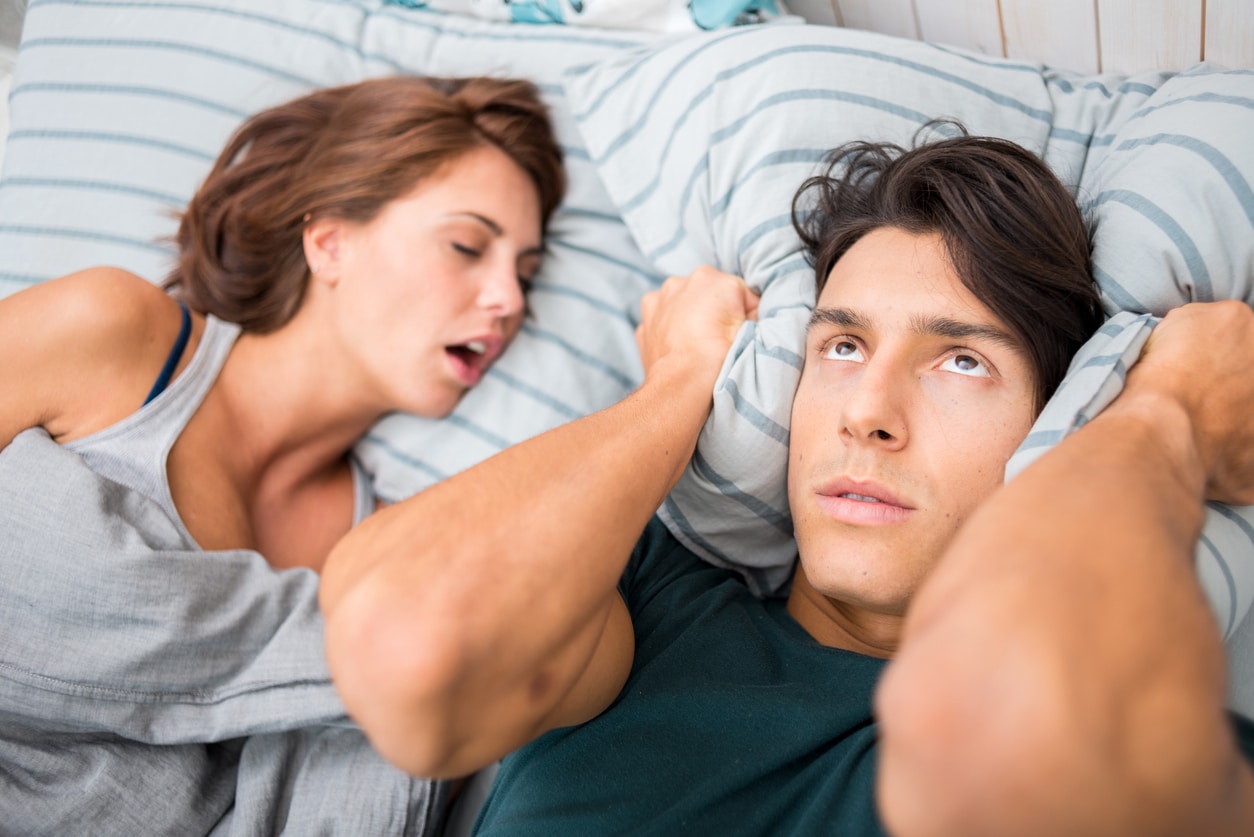COPING WITH ANXIETY AND STRESS
– HOW SLEEP CAN HELP
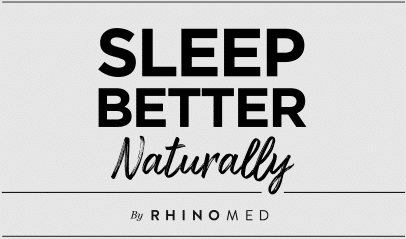
Medically Reviewed by
Dr Ronald Krueger MD F.A.A.C.S.

STRESSED-OUT AND SLEEP-DEPRIVED? IT’S NOT A GOOD PLACE TO BE IN. BUT IT’S ALSO MORE COMMON THAN YOU THINK. STUDIES SHOW A CLEAR LINK BETWEEN STRESS, ANXIETY, AND SLEEP – AND IT CAN BE DIFFICULT FOR THE AVERAGE PERSON TO TELL WHERE ONE PROBLEM ENDS AND WHERE THE OTHER BEGINS.
But you don’t have to keep running in circles. Help is available through relaxation techniques, sleep hygiene routines and simple sleep aids to help you breathe better, relax and sleep better at night.
Even the simple act of switching off your phone before bedtime and getting a solid 7 to 9 hours of sleep can make a huge difference, as it turns out that sleep is a natural remedy for anxiety.
But before you start practicing deep breathing or doing light stretches before bed (highly recommended!), it would be helpful to develop a deeper understanding of the complex relationship between stress, anxiety, and sleep.
Here’s what you need to know about your emotional health and your sleeping habits.
Is stress keeping you up at night?
The World Health Organization (WHO) has declared stress a “worldwide epidemic”. The agency also says that 1 in every 13 people around the globe suffers from some form of anxiety.
What’s a stressed and sleep-deprived person to do?
You can always invest in blackout curtains, sleep trackers, and nasal dilators like Mute or Pronto Sleep, but with so many sleep products in the market, learning about the relationship between stress and sleep can point you in the right direction.
The relationship between sleep, stress, and anxiety
Stress and anxiety can almost feel identical – think of your heart beating faster as you get closer to an important work presentation or that nagging feeling that you forgot to put the milk back in the refrigerator.
But there’s a difference. Stress is the body’s natural “fight or flight” response to an external trigger like a deadline or a doctor’s appointment
It’s also accompanied by physical sensations – your breathing starts to quicken and certain muscles in your body feel tighter in anticipation of real or perceived harm.
It also comes with emotional symptoms such as a feeling of being overwhelmed, getting agitated, or having difficulty quieting your mind.
This is where anxiety comes in – characterized by persistent and excessive worrying, it’s the body’s natural response to stress.
The link between anxiety and lack of sleep is well established but it can be hard to tell which comes first. Are you sleepless because you’re anxious or are you anxious because you lack sleep? It’s the ultimate chicken and egg situation.
David Neubauer, MD, Associate Professor of Psychiatry and Behavioral Sciences at Johns Hopkins School of Medicine, says that the relationship between anxiety and sleep is “bidirectional”, meaning that they affect each other, and that it can be difficult to determine which came first.
Luckily, mild stress and anxiety are manageable. There are many ways to cope, from meditating to simply getting more sleep.
How sleeping better helps you cope with stress and anxiety
New research by scientists at the University of California (UC) Berkeley suggests that deep sleep is a natural remedy for anxiety.
During the study, researchers detected excessive activity in regions of the brain linked to processing emotions. A part of the brain called the medial prefrontal cortex, which is believed to reduce anxiety and stress, also got deactivated after a night of sleeplessness.
As a result, anxiety increased by 30% in sleep-deprived participants.
By contrast, anxiety levels dropped after a night of sufficient sleep, especially in those who remained in the deep, slow-wave, stage of non-REM sleep for longer.
The authors of the study are convinced that deep sleep restores the brain’s ability to regulate emotions and lower emotional reactivity, which in turn prevents anxiety levels from escalating.
How to get the sleep you need
Michael Grandner, PhD, Director of the Sleep and Health Research Program at the University of Arizona, urges sleep-deprived individuals to unplug before bedtime, and to think of falling asleep as a process similar to “landing the plane” instead of just waiting for it to fall from the sky.
Meaning, it will take a bit of effort on your part:
- Avoid screen time before bed – Exposure to blue light from electronic devices right before bedtime can keep you up at night. Dr. Grandner cautions against reading stressful news within an hour of going to sleep, for instance.
- Turning off screens in the bedroom– The bedroom is for intimacy and sleeping. Watch TV in another room. Check your phone and computer before you go to the bedroom, not once you are in it.
- Avoid caffeine and other stimulants – A warm cup of coffee may be comforting but it can keep you wide awake if you have it too close to bedtime. Experts recommend avoiding caffeine 4 to 6 hours before bed. Consider alternatives such as herbal teas, chamomile has
- Use aromatherapy – Try wearing a nasal dilator like Pronto Sleep that releases soothing and fragrant essential oil vapors to help you relax before bed. A 2015 study found that lavender essential oil, in particular, increased sleep quality and reduced anxiety in cardiac intensive care unit patients.
- Try breathing techniques – Get ready for bed by practicing breathing techniques to help release tension and intrusive thoughts. Studies show that slow deep breathing techniques can help improve sleep onset latency and sleep quality.
- Modify your environment – Make your bedroom as conducive to sleep as possible. Healthy Sleep, a resource of the Division of Sleep Medicine at Harvard Medical School, recommends turning off the lights, keeping the noise out, and double-checking your thermostat settings, reducing the temperature. Combining sleep hygiene with a comfortable sleeping environment can help you establish a healthy sleeping pattern.
Managing stress and anxiety is crucial to protecting your emotional health during uncertain times. Getting enough sleep can help you battle negative emotions and get more out of each day.
https://www.sleepfoundation.org/articles/how-does-anxiety-affect-sleep
https://www.psycom.net/anxiety-and-sleep/
https://news.berkeley.edu/2019/11/04/deep-sleep-can-rewire-the-anxious-brain/
Study on aromatherapy and sleep quality and anxiety: https://onlinelibrary.wiley.com/doi/abs/10.1111/nicc.12198
https://www.ncbi.nlm.nih.gov/pmc/articles/PMC5709795/

NEED TO RELAX? THEN TAKE A DEEP BREATH – THROUGH YOUR NOSE! BREATHING THROUGH THE NOSE (RATHER THAN THE MOUTH) LIMITS AIR INTAKE AND FORCES US TO SLOW DOWN. PROPER NOSE BREATHING REDUCES HYPERTENSION AND STRESS FOR MOST PEOPLE.
THE SLEEP BETTER NATURALLY SERIES is sponsored by Rhinomed, a medical technology company dedicated to improving sleep through better breathing. Rhinomed is the maker of Mute, to aid snoring, and Pronto Sleep, to help you fall asleep and stay asleep, naturally.
